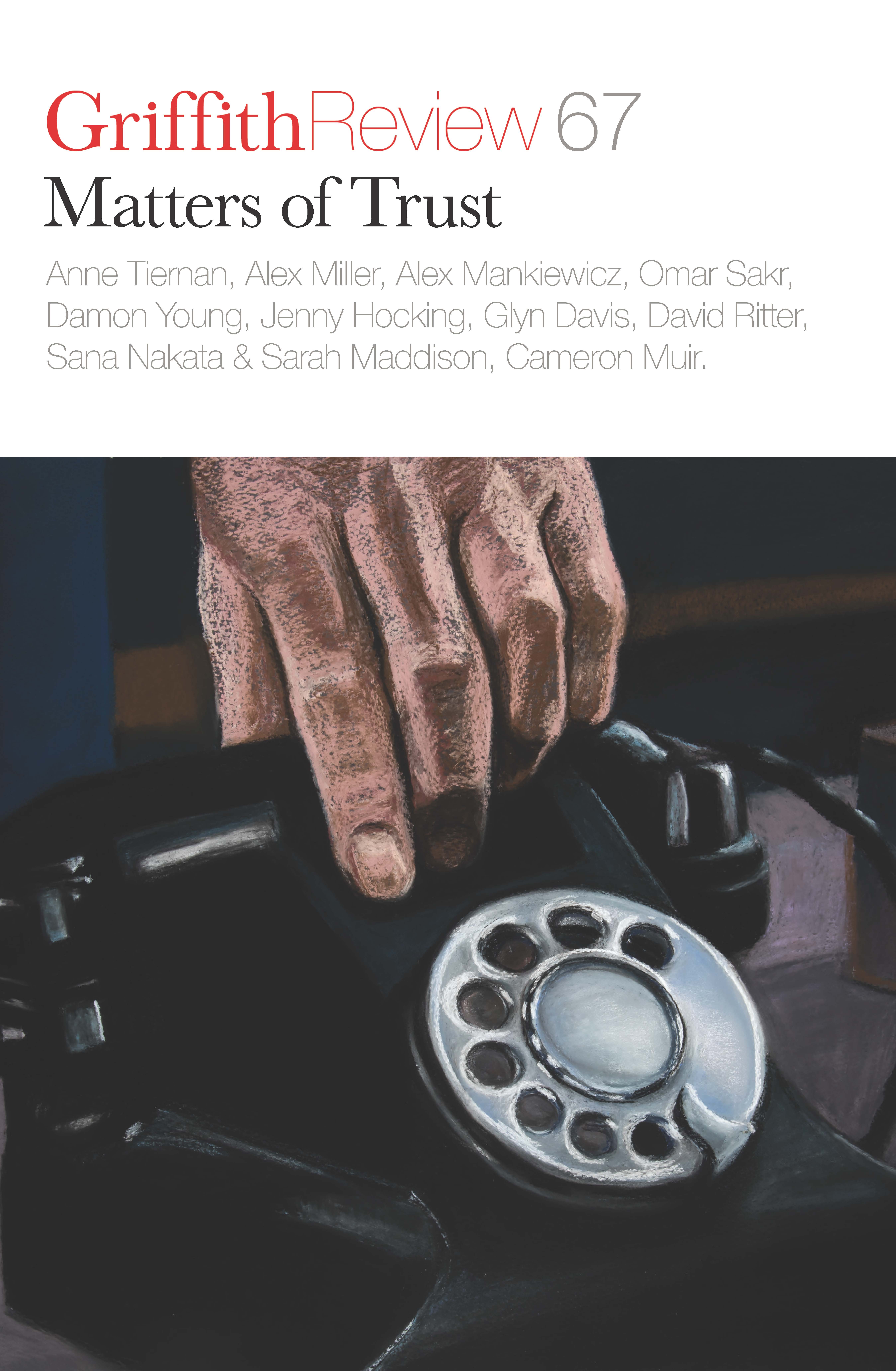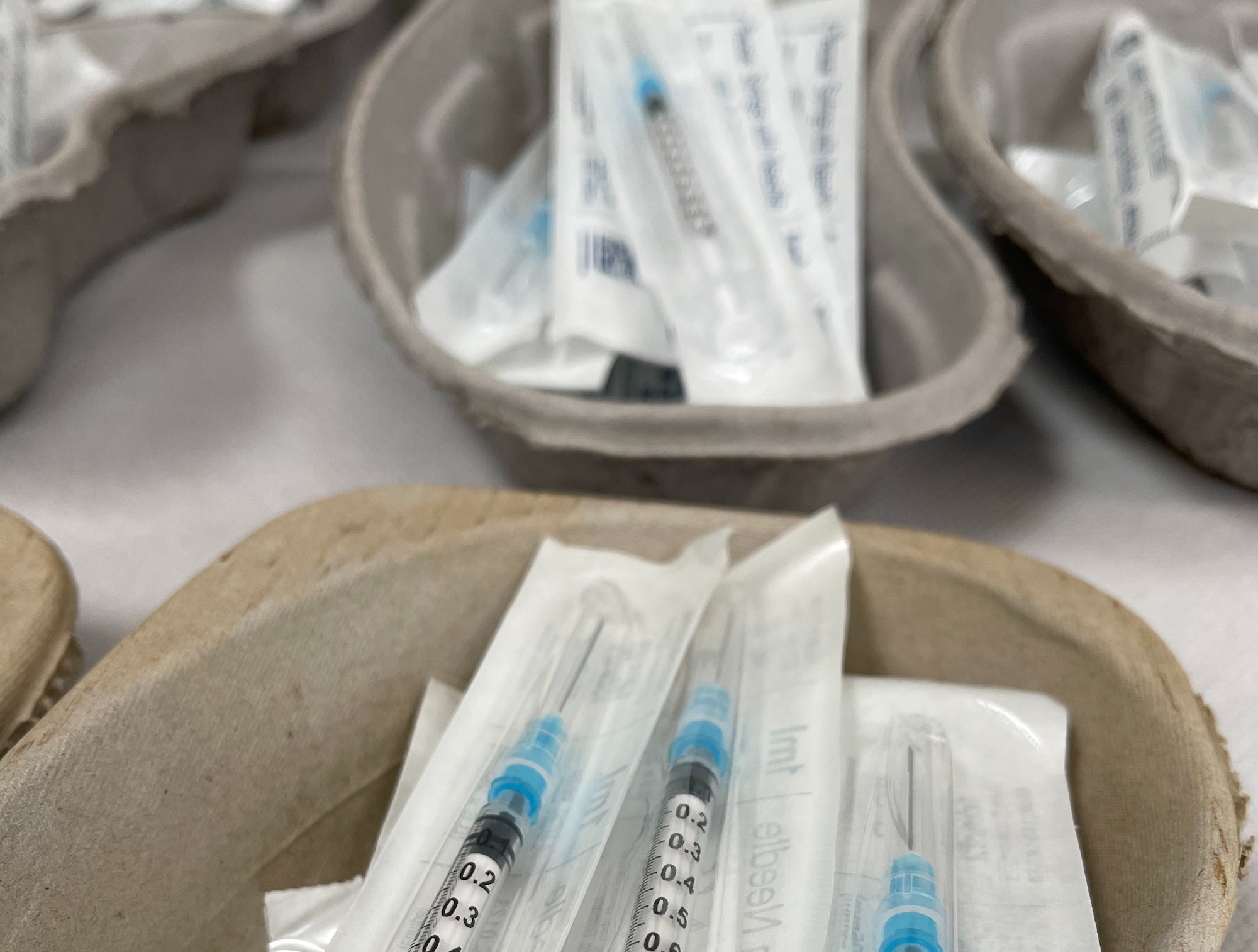Featured in

- Published 20200204
- ISBN: 9781925773804
- Extent: 264pp
- Paperback (234 x 153mm), eBook


Already a subscriber? Sign in here
If you are an educator or student wishing to access content for study purposes please contact us at griffithreview@griffith.edu.au
Share article
More from author

Ghost species and shadow places
ReportageRunner up for the Bragg/UNSW Press Prize for Science Writing Shortlisted for the Eureka Prize for Science Communication I WANT TO walk the shadow places. These...
More from this edition

Where the voices aren’t
MemoirIN 2018, THE University of Oxford ran an essay competition that asked, ‘Are Men (Still) Beasts?’ Students were prompted to respond to an early...

Science in an age of scepticism
GR OnlineThe risk associated with trust is that a person or institution we trust may fail to behave as we expect or hope. This highlights the difference between trust and reliance: we can rely on inanimate objects, such as our car or phone, but strictly speaking we are not betrayed if they don’t work properly. The same is not true in trust-based relationship...

On being sane in insane places
MemoirI’VE BEEN THINKING about how my body inhabits place and how it changes – fluctuating between comfort and pain – depending on the state of my...